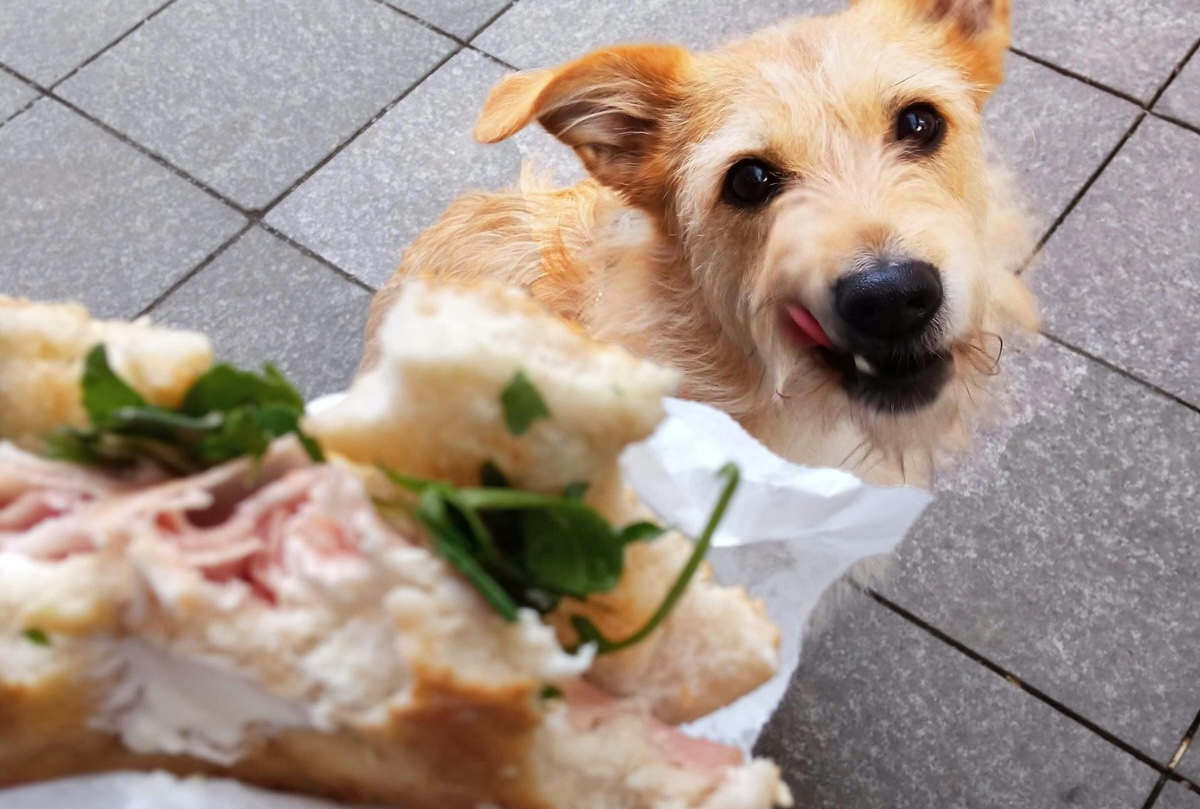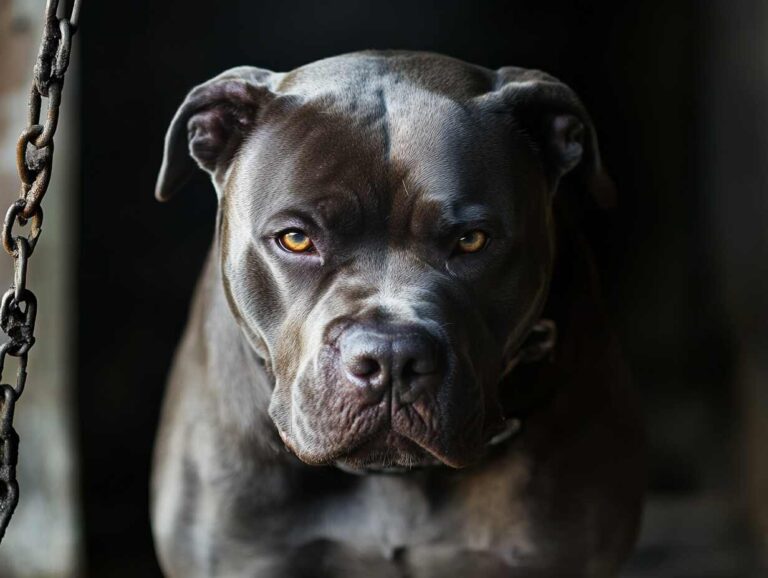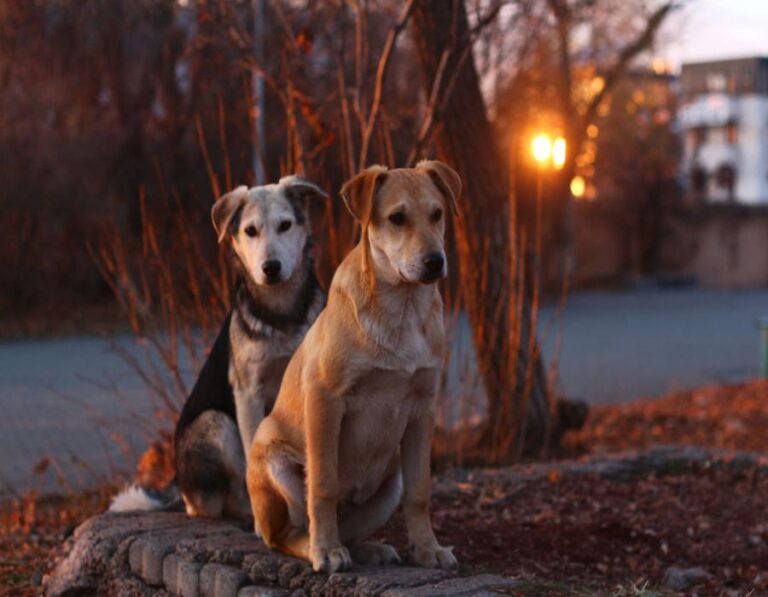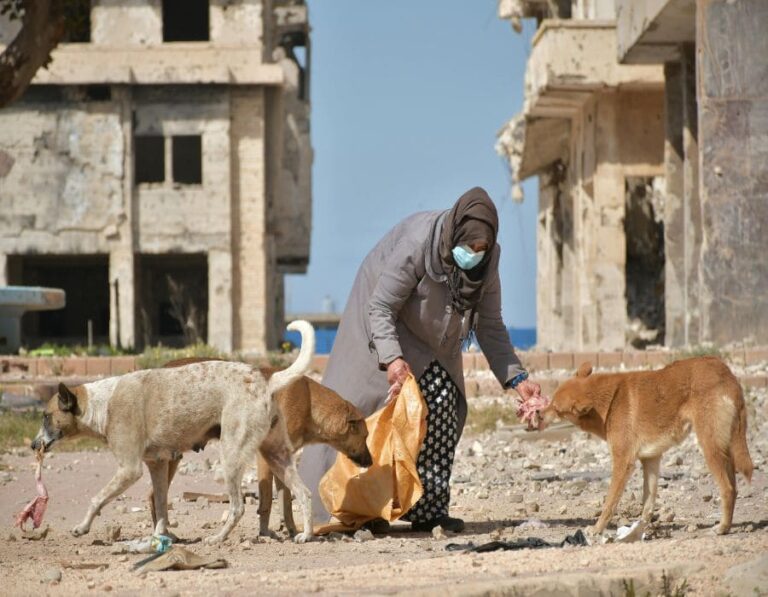12 Common Items That Are Poisonous to Puppies
Puppies are naturally curious and tend to explore the world with their mouths, which often leads to them accidentally ingesting harmful substances. As a pet owner, it’s essential to know what items around your home can be toxic to your puppy. From household cleaners to plants and even foods, many everyday items can be dangerous for your furry friend. Here’s a list of common items that are poisonous to puppies and tips on how to keep them safe.
1. Chocolate
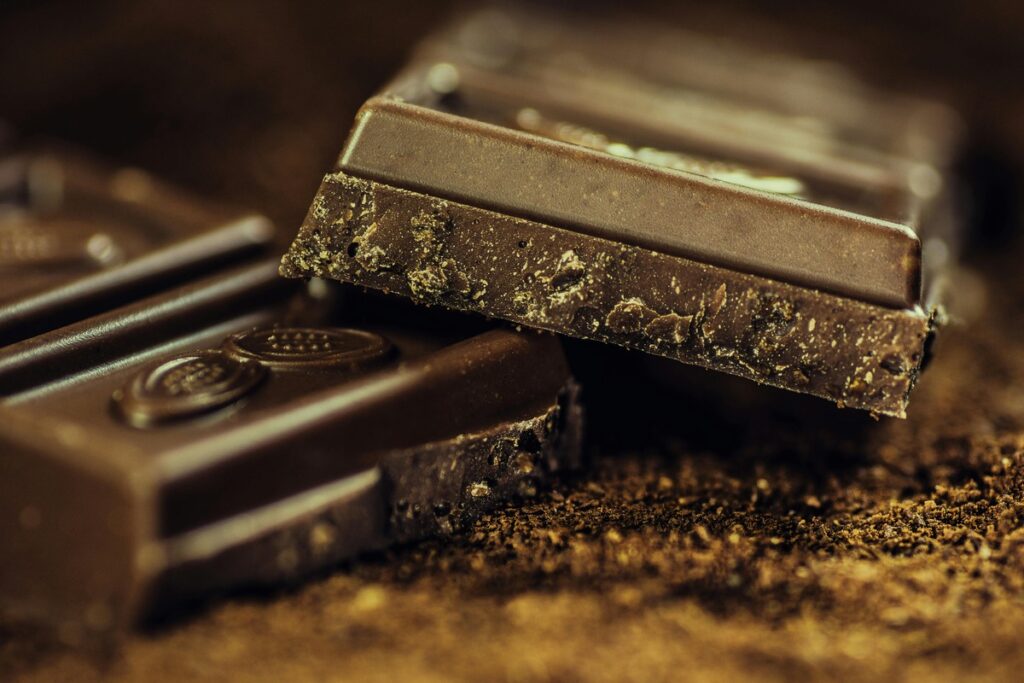
One of the most well-known toxins for dogs, chocolate contains theobromine, a substance that is toxic to puppies. Dark chocolate and cocoa powder have the highest levels of theobromine, making them especially dangerous. Even small amounts of chocolate can cause symptoms like vomiting, diarrhea, increased heart rate, and seizures in puppies. If your puppy ingests chocolate, it’s crucial to contact your vet immediately.
2. Grapes and Raisins
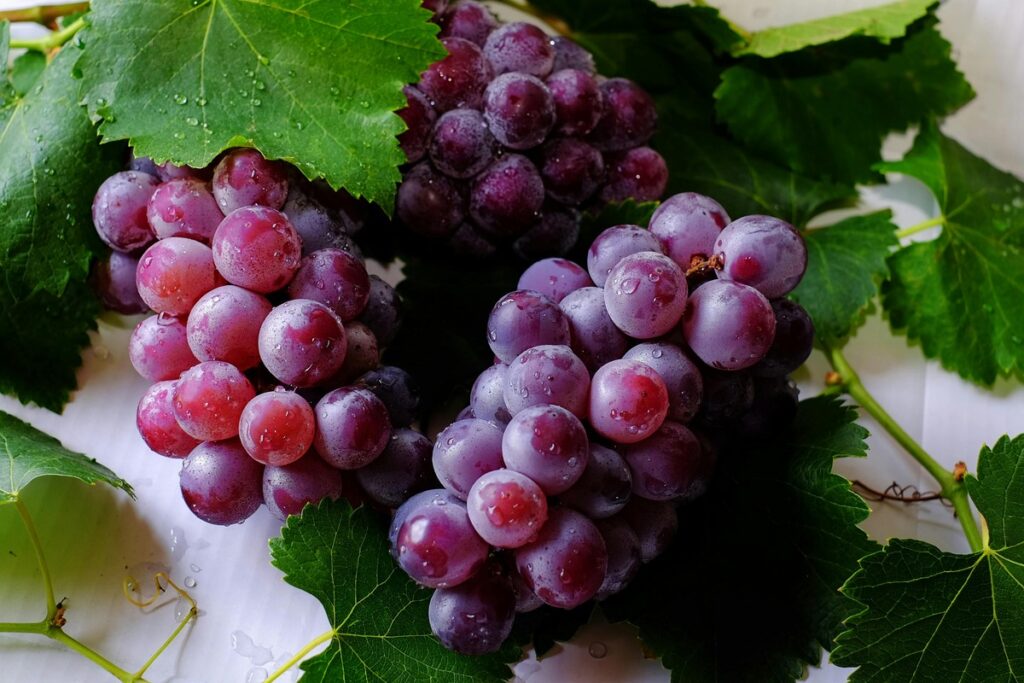
While the exact toxin in grapes and raisins isn’t fully understood, they are known to cause kidney failure in dogs. Even a small amount of grapes or raisins can lead to symptoms like vomiting, diarrhea, lethargy, and loss of appetite. Puppies, with their smaller size, are particularly susceptible to the harmful effects of these fruits. Avoid giving your dog any grapes or raisins, and make sure they’re kept out of reach.
3. Xylitol
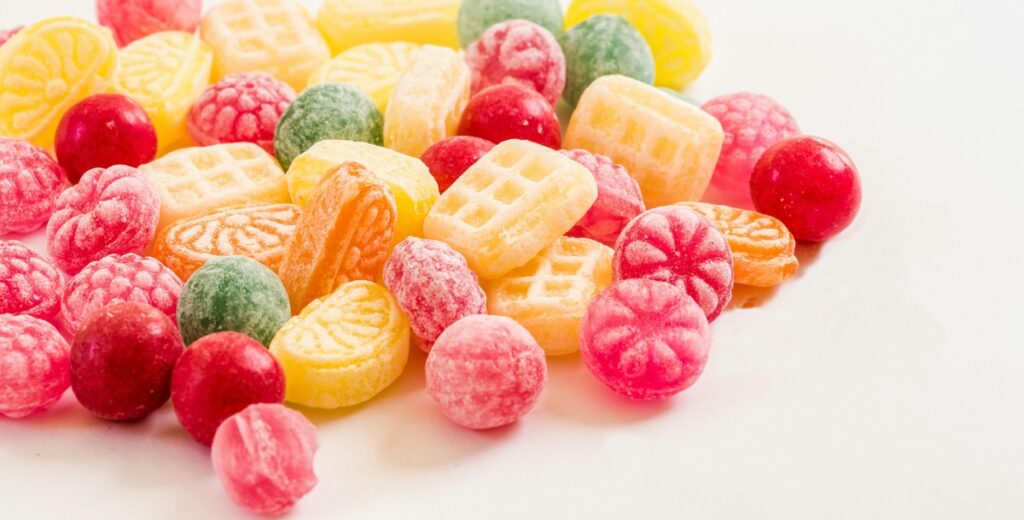
Xylitol is a sugar substitute commonly found in products like sugar-free gum, candies, toothpaste, and baked goods. This sweetener is extremely toxic to puppies and can cause a rapid drop in blood sugar, leading to vomiting, loss of coordination, seizures, and liver failure. Even small amounts of xylitol can be fatal, so it’s essential to keep products containing this ingredient far away from your puppy.
4. Onions and Garlic
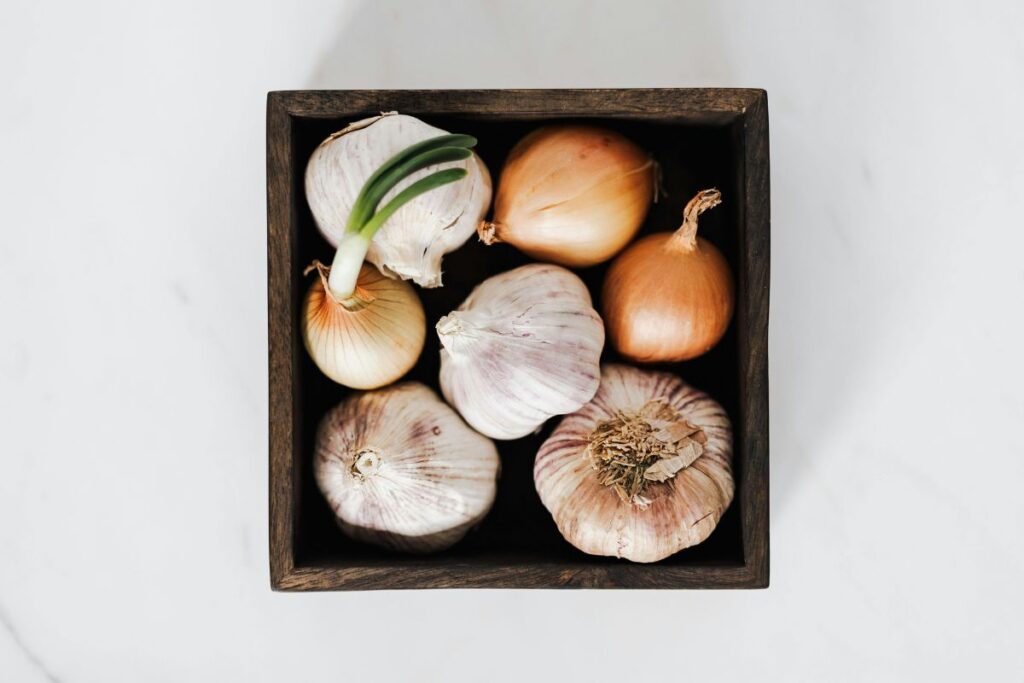
Onions and garlic, whether raw, cooked, or powdered, contain compounds called thiosulfates that can be toxic to puppies. These substances can cause red blood cell damage, leading to anemia. Symptoms of onion or garlic poisoning include vomiting, diarrhea, weakness, and lethargy. Puppies are particularly vulnerable, so it’s important to avoid feeding them any foods that contain these ingredients.
5. Avocados
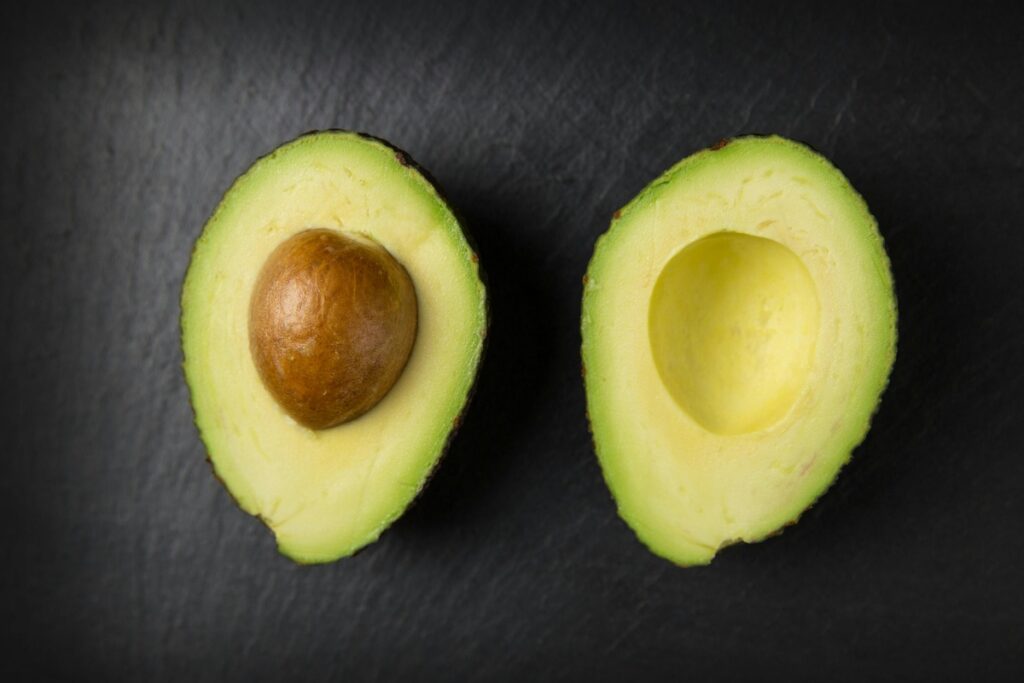
While avocados are a healthy snack for humans, they are toxic to puppies. The fruit contains a substance called persin, which can cause stomach upset, vomiting, and diarrhea in dogs. The pit of an avocado is also a choking hazard, and if ingested, it could cause a blockage in the intestines. Keep avocados out of reach to prevent any accidental ingestion.
6. Alcohol
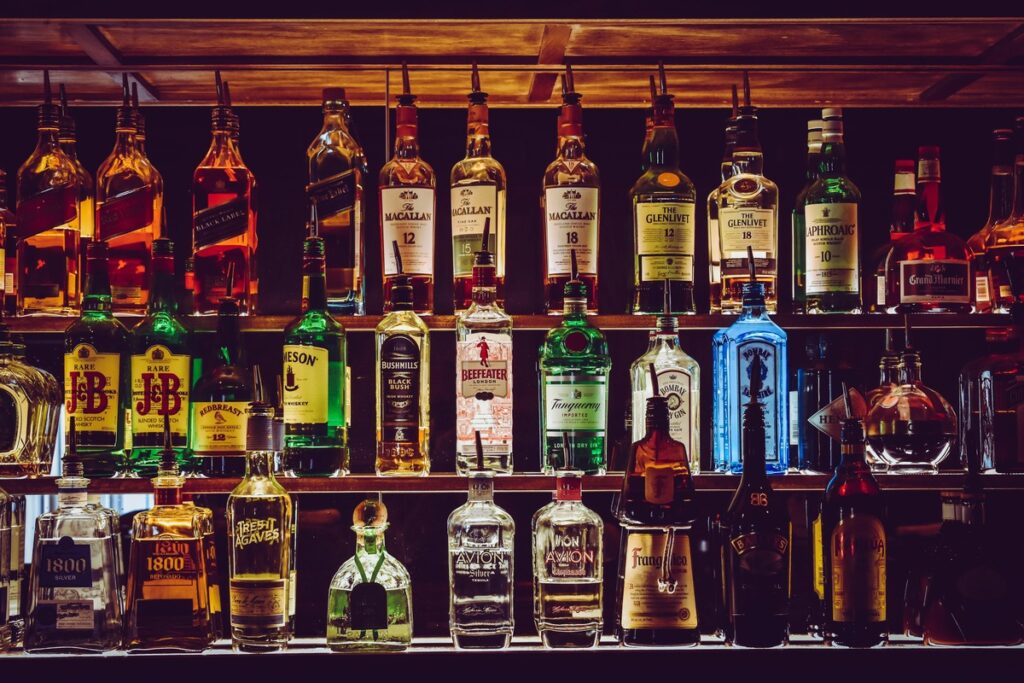
It’s easy to forget, but alcohol can be highly toxic to puppies. Even small amounts of alcohol, whether from beer, wine, or spirits, can cause respiratory depression, low blood sugar, and coma in dogs. Alcohol also irritates the stomach lining, leading to vomiting and diarrhea. Never allow your puppy to consume alcohol, and be mindful of items like cooking extracts or baked goods that may contain alcohol.
7. Macadamia Nuts
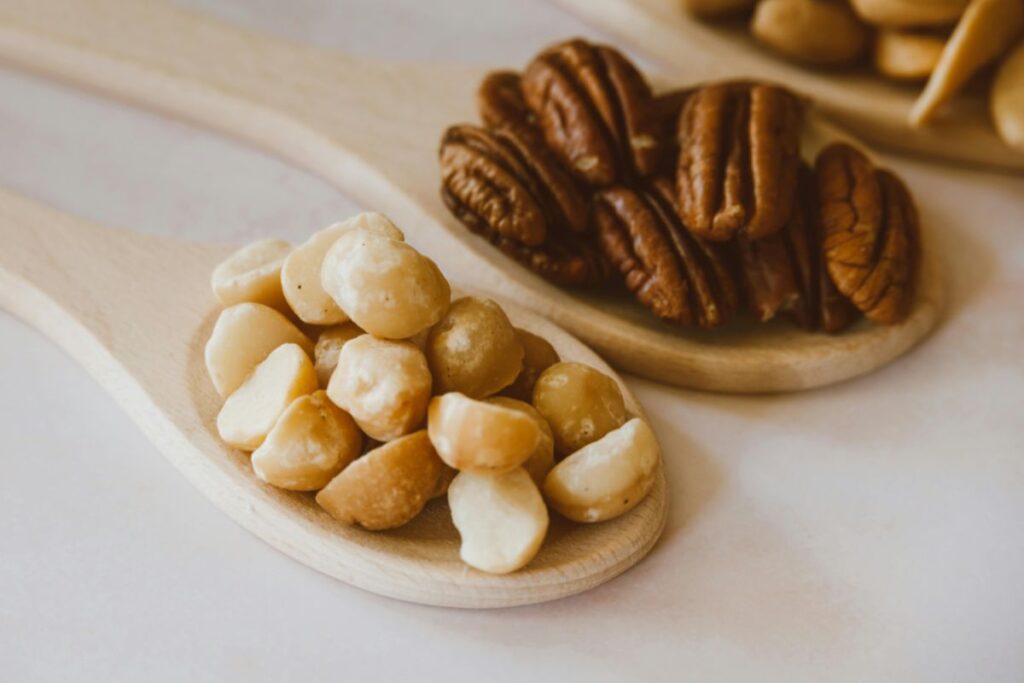
Macadamia nuts are another food that is toxic to puppies. While the exact cause of toxicity is unknown, ingesting even a small number of these nuts can lead to muscle weakness, tremors, hyperthermia, and vomiting. The toxicity can be severe, so if your puppy eats macadamia nuts, contact your vet immediately.
8. Caffeine
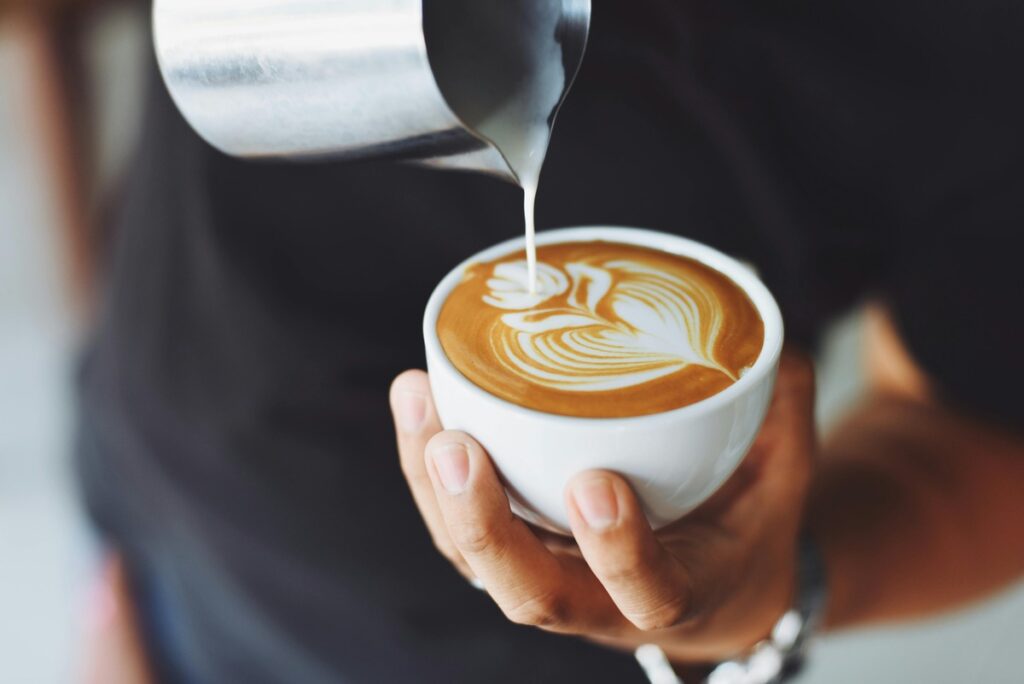
Caffeine, found in coffee, tea, energy drinks, and some sodas, is dangerous for puppies. It can cause symptoms like hyperactivity, tremors, rapid breathing, and even seizures. Dogs are far more sensitive to caffeine than humans, so even small amounts can lead to serious health issues. Make sure to keep caffeinated beverages out of your puppy’s reach and avoid giving them any products that may contain caffeine.
9. Household Cleaning Products
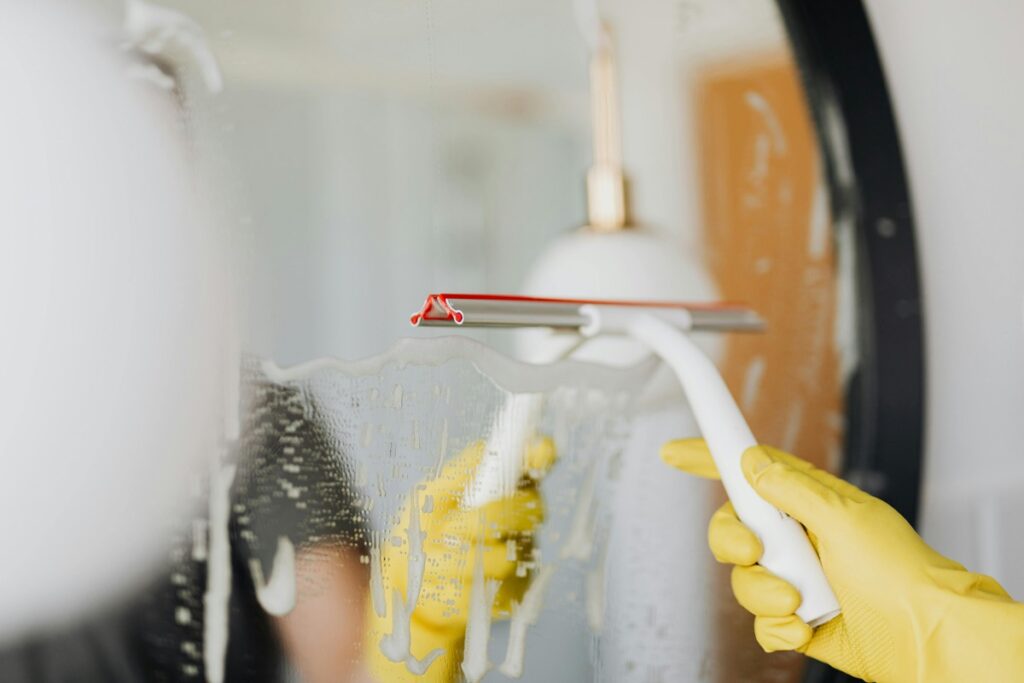
Many common household cleaners, such as bleach, ammonia, window cleaners, and disinfectants, can be highly toxic to puppies if ingested or inhaled. These chemicals can cause stomach irritation, chemical burns, difficulty breathing, and nervous system damage. Always store cleaning supplies in a safe place, preferably in a locked cabinet, and make sure to keep your puppy away from freshly cleaned surfaces.
10. Plants
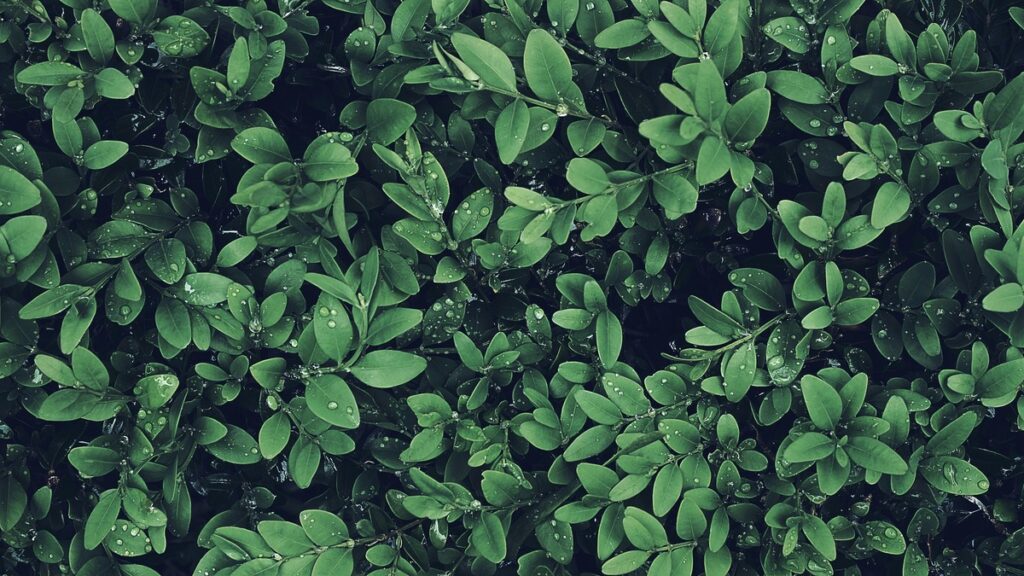
Many houseplants are poisonous to puppies, so it’s important to be cautious when decorating your home. Some common toxic plants include:
- Azaleas
- Oleander
- Sago palms
- Lilies
- Poinsettias
- Dieffenbachia (Dumb Cane)
These plants can cause a variety of symptoms, including vomiting, diarrhea, drooling, and stomach pain. Some, like sago palms, can be fatal if ingested in large quantities. It’s crucial to keep any toxic plants out of your puppy’s reach or replace them with non-toxic options.
11. Raw Dough
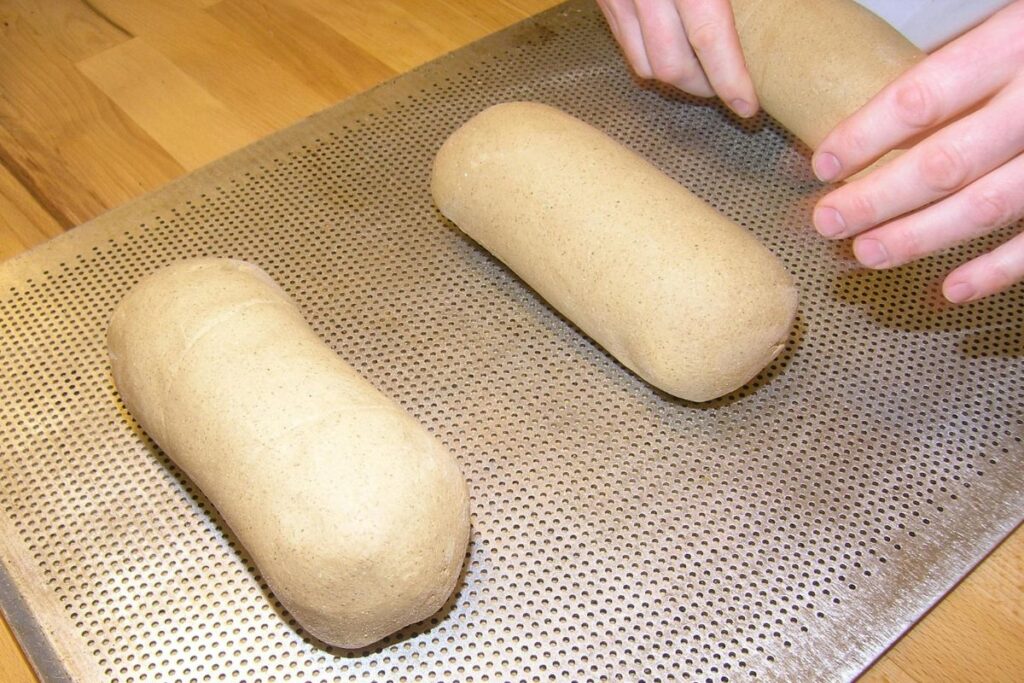
Raw dough, especially when it contains yeast, can be incredibly dangerous for puppies. When ingested, the dough expands in the stomach, leading to bloating, gas, and potential intestinal rupture. Additionally, the yeast in raw dough produces alcohol as it ferments, which can lead to alcohol poisoning. Always keep dough and baking ingredients away from your puppy to avoid this dangerous situation.
12. Human Medications
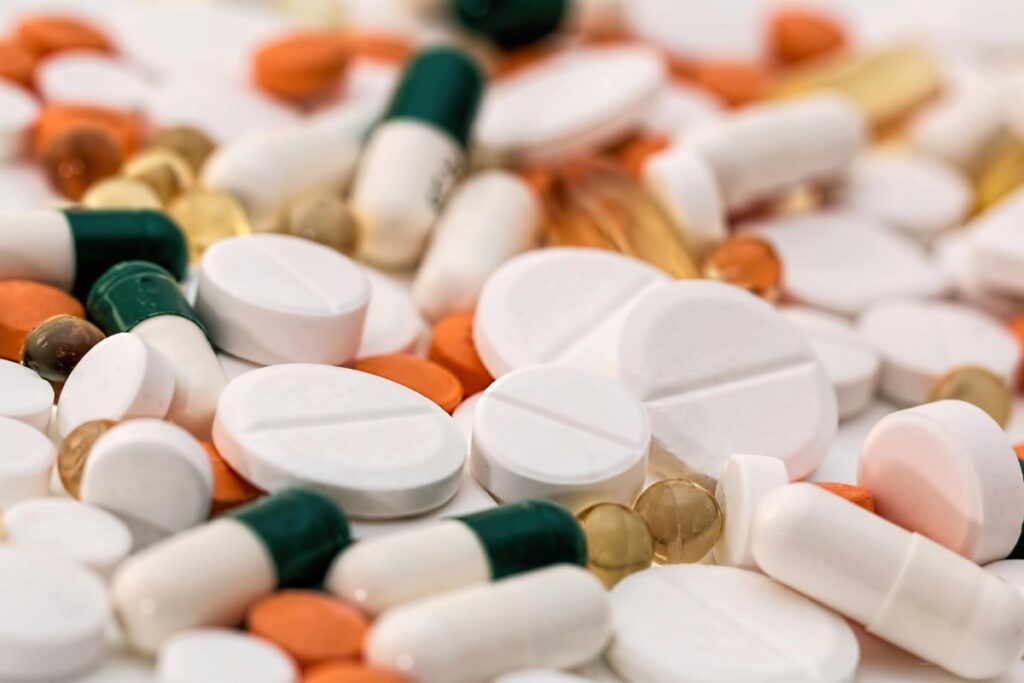
Prescription medications and over-the-counter drugs that are safe for humans can be dangerous to puppies. Common items like acetaminophen (Tylenol), ibuprofen (Advil), and aspirin can cause liver damage, kidney failure, and stomach ulcers in dogs. If your puppy ingests any medication, even in small amounts, contact your vet immediately.
How to Keep Your Puppy Safe
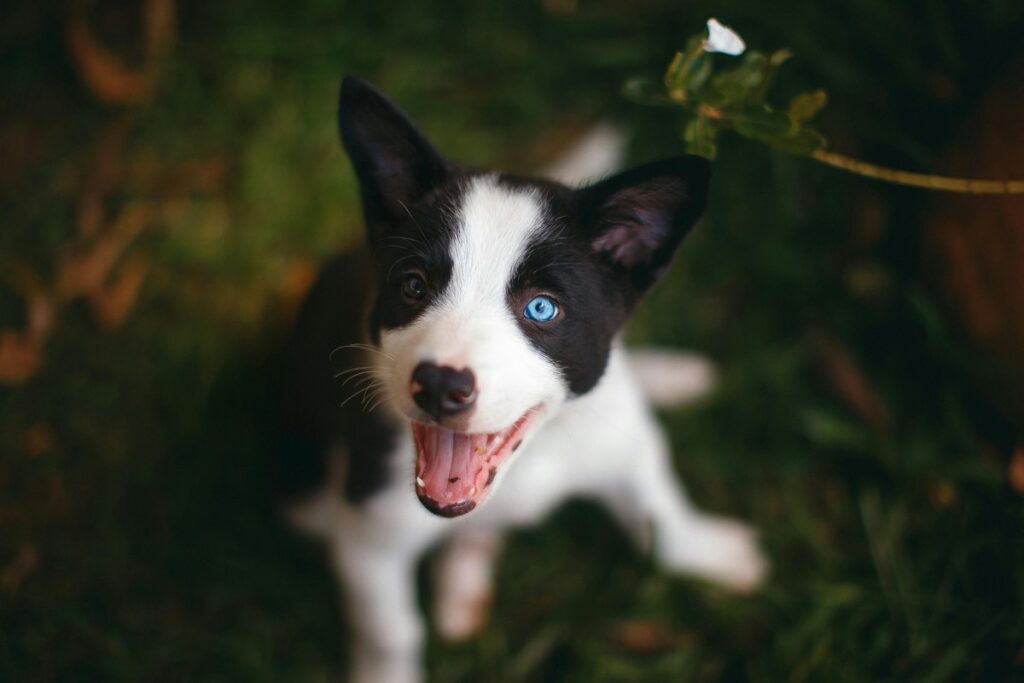
To protect your puppy from harmful substances, it’s essential to take a few preventive steps:
- Puppy-proof your home by keeping dangerous substances out of reach or in locked cabinets.
- Read labels on foods, cleaning products, and medications to ensure they are safe for dogs.
- Monitor your puppy’s behavior closely, especially during the teething phase when they may be more inclined to chew on things.
- Educate family members and visitors about potential hazards to your puppy.
- Know the signs of poisoning, which can include vomiting, diarrhea, lethargy, and changes in behavior. If your puppy ingests something harmful, contact your vet immediately.
Conclusion
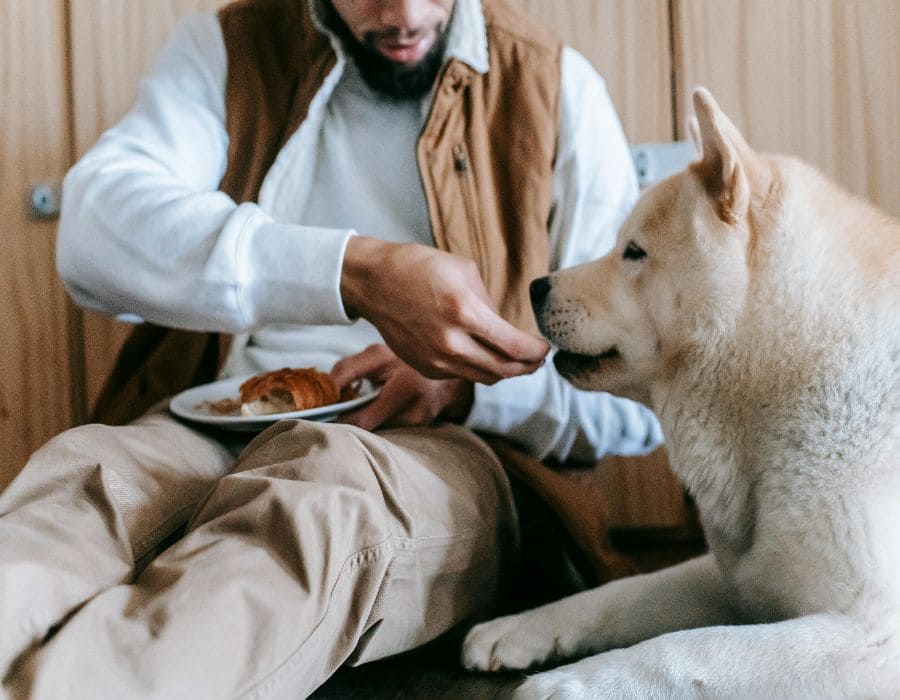
Puppies are naturally curious, and as they explore the world around them, they can accidentally ingest harmful substances. It’s crucial to keep toxic foods, household cleaners, and plants out of their reach to ensure their safety. By being vigilant and informed, you can help your puppy thrive in a safe and healthy environment. Always consult with a vet if you’re ever unsure about what your puppy can or cannot safely ingest, and take immediate action if they consume something harmful.

